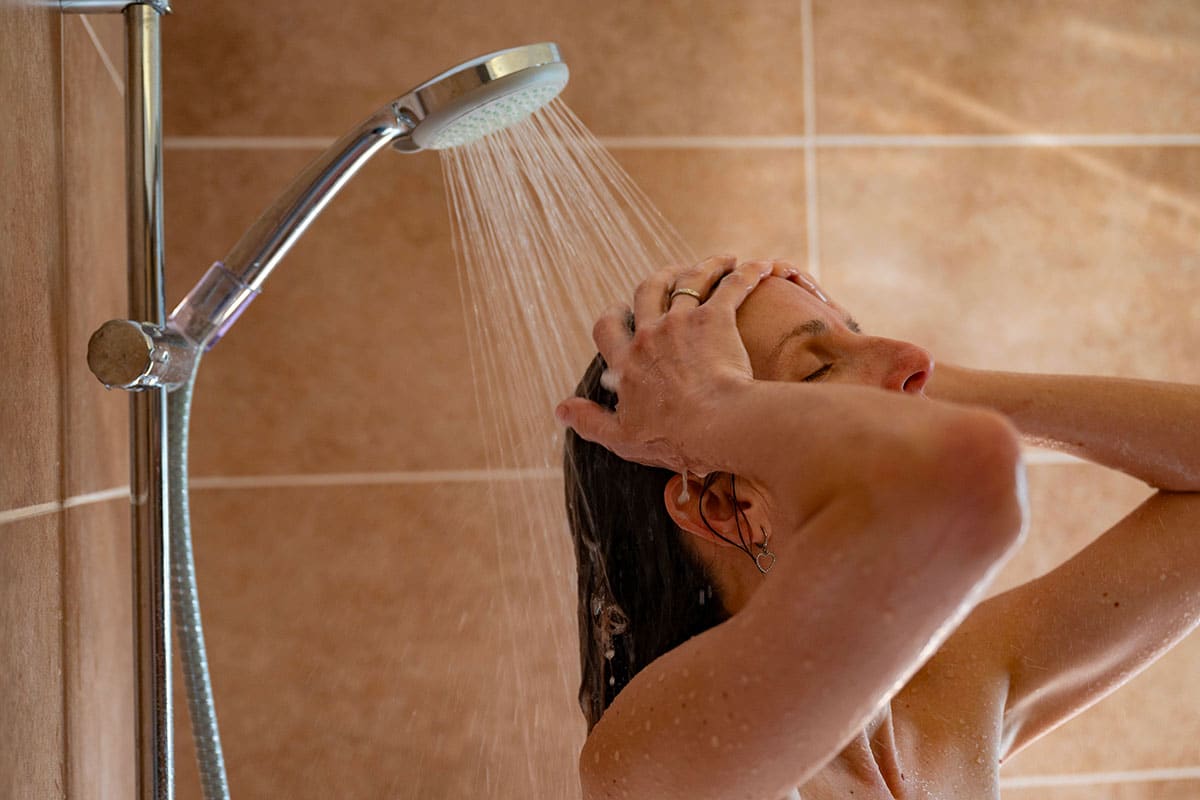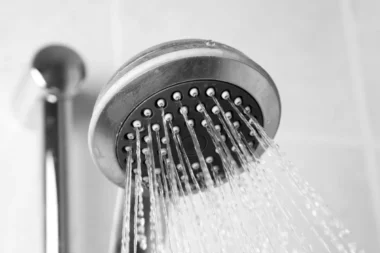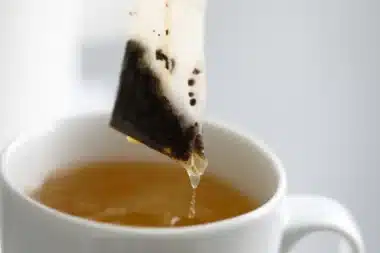In a world where daily showers and an endless supply of hygiene products are the norm, Dr. James Hamblin—a public health physician and lecturer over at Yale—has started quite the conversation by ditching soap and shampoo for more than eight years now. His personal experiment flips our typical views on cleanliness and makes us ask some pretty interesting questions about what we’re used to, how we look after our bodies, and what we’re doing to the environment along the way.
The personal journey of Dr. James Hamblin
Dr. James Hamblin set off on this offbeat journey to see what happens when you skip your usual daily wash-up routine. He kicked things off with a period of adjustment (and yes, a stronger body odor was part of the deal at first), but eventually that faded, and he settled into a routine that uses nothing but water—no soaps, deodorants, or shampoos in sight.
For him, this wasn’t just about shunning the standard hygiene methods; it was also about questioning why we stick so hard to them. As he puts it, “We shower because it’s what society expects” (a nod to the pressure we all feel to conform). This really sums up his view that many of our cleaning rituals lean more toward habit and social norms than real health needs.
Why Wine Bottles Have Dents in the Bottom—And Why It Matters
Rethinking our cleaning habits
At the heart of Dr. Hamblin’s experiment is the idea that daily scrubbing might not be as necessary as we’ve been led to believe. He points out that washing too often—especially with chemical-packed products—could actually mess with your skin, disturbing its natural balance (think of it like upsetting a well-kept little ecosystem on your skin).
Some health pros are keeping an eye on his claims. They warn that while this approach might not be the right fit for everyone—particularly for folks dealing with ongoing skin problems or infections—it definitely opens the floor for a wider chat on how we treat our bodies. Overdoing it with commercial products might irritate the skin and throw off its natural make-up, leaving it more vulnerable to various skin issues.
Thinking about the environment
But there’s more to it than just personal health. Dr. Hamblin’s experiment also brings up some neat points about the environment. By cutting back on chemical products, there’s a reduction in the number of harmful substances that end up in our waterways (an important point when we’re talking about a cleaner planet). Plus, using fewer cosmetics means less waste and fewer plastics clogging up landfills and oceans—a win for anyone who cares about sustainability.
There’s even a story from someone else who tried a similar soap-free routine; they ended up with skin that felt sticky and a bit uneven at first, but eventually became smoother and less dry. This little tidbit backs up the idea that keeping things simple might help both our skin and the world around us.
Reflecting on society
Dr. Hamblin’s experiment really gets you thinking about how much our day-to-day routines are shaped by what society expects—and whether dialing things back could actually do us some good. It pushes us to consider whether simplifying our cleaning habits might lead to not just better skin, but also a better environment.
As more people hear about this experiment, it might just spark a shift in how we think about what it means to be clean and care for ourselves. Could cutting back on traditional hygiene products set us on a path to healthier living? This journey invites all of us to take a closer look at our own routines and figure out if there’s room for a change.
Dr. James Hamblin’s soap-free adventure gives us a fresh perspective on the way we deal with hygiene—and it might just inspire a few of us to rethink our own habits for the sake of better health and a cleaner planet.







